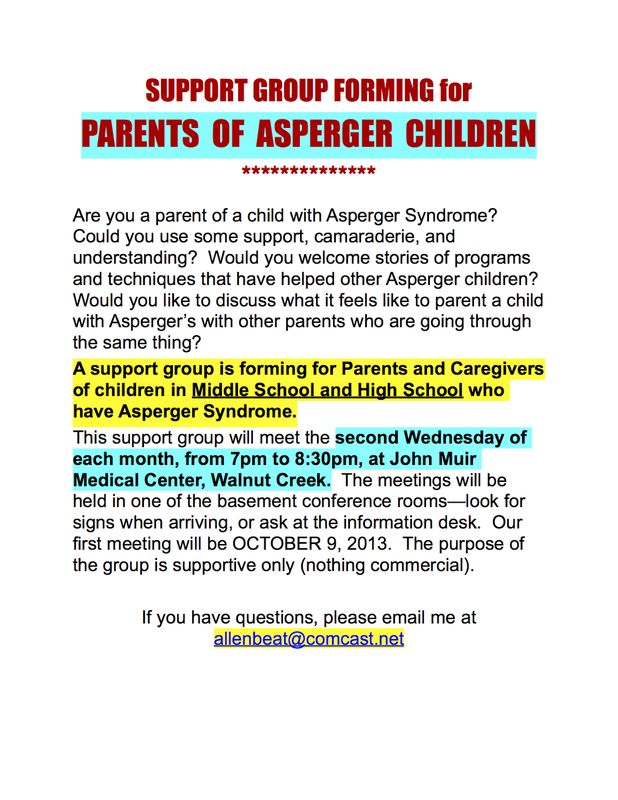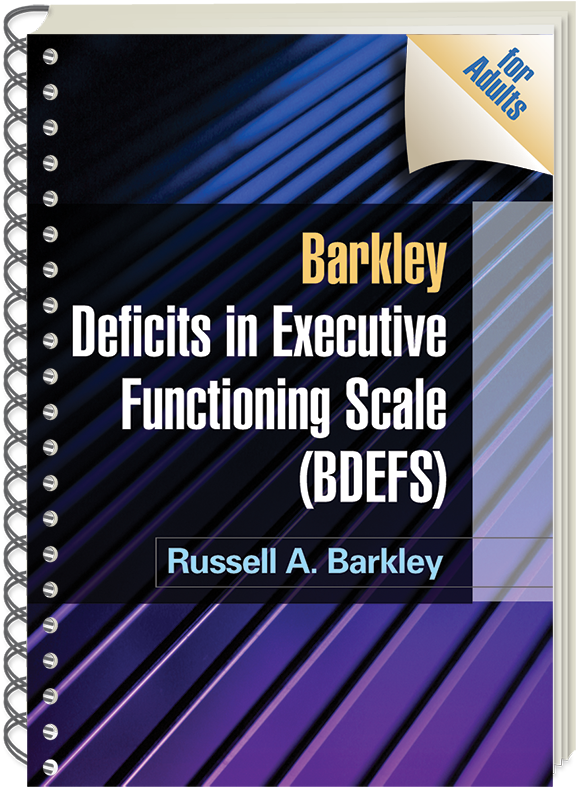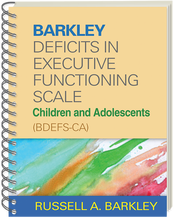 Do individuals with special needs, like ASDs and ADHD, get caught up in video game addiction more readily? OK, so maybe “Internet Gaming Addiction” is not an official disorder in the US. But, we know the behavior exists, whether or not it’s a separate disorder, or co-mingled with some other condition. What is the science on video game addiction and ASDs? In my therapy practice I focus on individuals with special needs like ASDs and ADHD. It’s pretty common for me to meet a child or teenager who has a habit of playing games for as much time as the parents will allow, whether that’s one hour a day or seven hours a day. The American Academy of Pediatrics recommends no more than 1 to 2 hours daily of screen time for any kids 2 and older, and none at all for younger children. And this recommendation is for typically developing kids, not those special needs kids who are already at a higher risk of having difficulties. Adverse risks the AAP cite include: “attention problems, school difficulties, sleep and eating disorders, and obesity.” So many of the kids I work with are already struggling with these problems - attention issues with the EF difficulties they may have, sleep and eating problems that go hand in hand with an ASD diagnosis, weight issues due to the medications these kids may need. It’s concerning! Dr. Micah Mazurek has done a great deal of research on the issue of screen use and ASDs or other special needs. (I’ve accessed many of her studies through my professional organization, but Google Scholar also provides access to a lot of her information so parents can read the studies, or at least the abstracts.) Her results add to my concern. In a 2012 study, Mazurek and Wenstrup compared television, video game and social media usage in kids with ASDs and their typically developing siblings. I wasn’t surprised by the results. The kids with ASDs spent more time playing video games than their typical siblings, and they spent more time playing games and watching TV than doing any other extracurricular activity. And the ASD kids spent little time on social media and socially interactive games. Finally, the ASD kids had more problematic behaviors around games, like difficulty stopping and using the games to manage their moods. Although I often hear the argument that games are a way to be social, the ASD kids were much less likely to play these games with others, either in person or online. Other Mazurek studies have found similar results, including the disturbing fact that kids with ASDs spend more time on video games than any other leisure activity. Kids with ASDs have more sleep problems and more oppositional behavior when their parents allow in room access to screen, and if there are no rules regarding usage. Another study from Mazurek found that boys with ADHD or ASD had a greater tendency to have problematic game use than typical boys. From other researchers, Chan and Robinowitz found a correlation between more than 1 hour a day of game play and more intense ADHD or inattentive symptoms. So what does this mean for parents of special needs kids? What if your child can only entertain himself with screens? What if it’s the only way he can calm down? What if games are the only thing he has in common with peers? What if you need a break and the screen is the only thing that gives you some time to relax? I’m sorry, this post is too long already. I’ll address those issues in my next post! Photo credit: Pixabay  "My son is addicted to video games!" That's a statement I hear frequently, whether the son is a small child, or a young adult. I hear this less often for girls. Although there are a lot of girls heavily involved in games, more often I hear about girls with heavy use of texting and social media. But, for males, so often the gaming, whether on a console or through the internet, can take up as much time as the parents allow. Officially, there is no such thing as video game addiction, at least in the US. China does call it an addiction, and there are treatment programs there and elsewhere. Currently, the DSM-5™lists Internet Gaming Disorder as a condition for further study. It's unfortunate they chose to call it that, because the technology will surely outpace the research, and the behavior around compulsive game play could be the same even if the Internet is not the vehicle of connection. The text in the DSM does allow for the idea of non-Internet computerized games, but it seems like this is going to be very confusing. (Is this a DSM theme, reminiscent of the confusion surrounding non-hyperactive Attention Deficit Hyperactivity Disorder?) The APA, the organization that compiles the DSM and looks at the research, has set up some proposed criteria. As always with disorders, there must be impairment or distress. Then we can look at the issues: preoccupation, withdrawal, tolerance, unsuccessful attempts to cut back, loss of interest in other things. It's looking a lot like what they've written for chemical dependence or gambling addiction, which were the models for this section after all. In the detailed text, the DSM refers to individuals neglecting other activities, missing sleep and food, playing at least 30 hours a week, and becoming angry or agitated if they can't play. All these official details are fine, but for most parents who are worried, the issue of video game addiction comes down to common sense rather than research consensus. Is your child missing out on social, physical, and professional or educational activities because of game time? Is your child using gaming to manage emotions like anxiety, loneliness or boredom? Does your attempt to manage the time result in meltdowns? Is your child developing the important skills of learning to tolerate boredom or complete a task that doesn't reward with exploding rockets and buzzers? Stay tuned for my next post, where I discuss video game addiction specifically for individuals with special needs. photo credit: <a href="http://www.flickr.com/photos/30806435@N04/4298824267">Playing DS</a> via <a href="http://photopin.com">photopin</a> <a href="https://creativecommons.org/licenses/by/2.0/">(license)</a> Michelle Garcia Winner, developer of Social Thinking, and a variety of other experts on Social Thinking and ABA will be presenting, and debating, at the Social Thinking Conference, December 3 to 5, 2014, in Concord, CA. Although Michelle is a Northern California resource, she's a national speaker, and this is a rare opportunity to hear from her locally. For more information, check out the link to the Social Thinking Conference.
I'm a big fan of DIR/Floortime, and the work of Dr. Greenspan. It's exciting that the conference is so close for those of us in the Bay area. It's open to professionals and parents, on Friday, October 10, 2014.
 For those of you who are long time readers of this blog, I'm sure you've seen plenty of posts about Dr. Temple Grandin. Temple Grandin is probably the more well know autistic individual in the country. And now, you can see her in person. Dr Temple Grandin will be speaking at Las Positas College on Thursday, April 24, 2014, at 7 pm. You can get more information and purchase tickets by going to the post on the Las Positas site.  In the grand scheme, that’s not an important question. But, in its own trivial sense, it does touch on the ideas of semantics, language, identity. And those are issues of importance. I just read a whole series of articles on “people-first language.” An example of people-first language is “person with autism” rather than “autistic person” There are good arguments to be made for both preferences. Person-first language emphasizes the individual, rather than the diagnosis. People-first language is often advocated by disability rights organizations as a more respectful form of language. But, other groups advocate away from this style, stating that people-first language can separate the diagnosis from the individual, or even make the diagnosis seem like a less desirable condition. They argue that autism is an innate part of the individual. In all I’ve read, I see opinions from autistic individuals, from individuals with autism, from parents of autistic individuals and from parents of individuals with autism. Which leaves me confused because I’m an outsider. I don’t want to offend, but it seems like I have no choice. Whether I use person first language, or not, I’ll be offending some individuals. So I’ll leave it at this. My intent in my writing is to be respectful. I’m sorry if I chose the wrong form, and I’ll keep looking for consensus. Until then, I guess I’ll just go with the clearest grammar. Image: By Tom Murphy VII (Own work) [GFDL (http://www.gnu.org/copyleft/fdl.html), CC-BY-SA-3.0 (http://creativecommons.org/licenses/by-sa/3.0/) or CC-BY-SA-2.0 (http://creativecommons.org/licenses/by-sa/2.0)], via Wikimedia Commons  It's well known that kids on the autism spectrum struggle with generalizing learning from one setting to another. Simon Baron-Cohen explains this by way of the extreme systemizing theory of autism, where autistic individuals set up rules to understand the world, and those rules don't easily generalize from one situation to another. I think this difficulty is clearly apparent in social situations. So often, I've worked with children who could teach the content of a social skills class, yet they struggle to apply those same skills in any meaningful way in their own lives. That's why I like to see experiential social skills training, rather than more didactic, instructional training. When an individual has the experience of doing activities with others, ideally with some support on the social skills involved, and he/she gets to apply the intellectual theories of social skills in a real, social setting, that person has the chance to practice, understand and learn those skills, rather than merely recite them. Experiential learning takes place in many settings, from a group project in the classroom, to sports teams, to hobby groups and camps. When I work individually with children and teens, I combine instruction on social skills to application, through here and now games and activities. Whenever I get the chance, I bring up what's going on socially, right in the session. I think the most useful part of many social skills groups isn't the skills discussion around the table, but rather the shared pizza time afterward. So what's the point of all this instructional theorizing? The experiential call to action! It's February, and not too soon to think about summer camps. There are so many good ones, with camping, Legos, robotics and computers, arts, sports, nature, and horses. Check out my resource page for my favorite Bay Area social skills camp choices or search online for activities your child will enjoy. photo credit: Johan Jönsson via Wikimedia Commons There is a new support group forming in Walnut Creek, CA for parents of Middle and High School age kids with Asperger's or Autism Spectrum Disorders. The first meeting is October 9, 2013, at 7 pm, at John Muir Hospital. See the flyer below for more information.
I just got this notice, and I'm really excited that this is available to local families:
We are pleased to announce a new CHADD Parent Support Group in Walnut Creek, beginning this month. Let's start off the new school year with tips and tools to help your child be successful. WHAT: Parent Support Group (drop-in). The purpose of our group is to develop and foster positive skills for parents of children with ADHD. WHEN: 2nd Wednesday of every month from 6:30 - 8:00pm; next meeting is Sept. 11th WHERE: Kaiser Mental Health Bldg., 710 S. Broadway, Walnut Creek (the bldg. next to Safeway on the corner of Mt. Diablo Blvd.) CONTACT: Sherry Chase, Ph.D., Coordinator - 510-433-9448 - [email protected] CHADD meetings are open to the public and free to CHADD members. A $5 donation is suggested of non-members, but no one is turned away for lack of funds. Become a CHADD member here and enjoy all the benefits of CHADD membership. Visit CHADD.org for more information about ADHD. Enjoy a $10 discount if you join or renew by 9/30/13 (promo code: chadd10off). Thinking of ADHD as a deficit of Executive Function (EF) offers a wealth of treatment possibilities. For clinicians, adults with ADHD, and parents of children with ADHD, this executive function conceptualization opens up a new way to organize thinking around deficits and strengths, and points the way to generating effective treatment plans. I recently read an excellent article from Dr. Thomas E. Brown of the Yale Clinic for Attention and Related Disorders, titled ADD/ADHD and Impaired Executive Function in Clinical Practice. In it, Brown defines ADHD as “a cognitive disorder, a developmental impairment of executive functions (EFs), the self-management system of the brain.” By stepping away from the behavioral aspects of ADHD and moving toward this cognitive understanding, treatment planning can be readily tailored to compensate for specific missing skills and abilities. I frequently direct my clients to create structure and systems which will shore up the weaker areas, allowing them to improve their performance. In Brown’s article, he defines six areas of Executive Function Deficit. The first, called activation, includes activities required in beginning to work. Clearly, this deficit is familiar to anyone struggling with procrastination. Second, Brown defines focus, the difficulty in actually paying attention to the work at hand. Third would be effort, especially as needed to complete longer tasks. Fourth is emotional regulation. (Emotional regulation is not mentioned specifically in the symptom list in the DSM-IV or 5, but the inclusion of it in the DSM-5 was articulately argued for by Russ Barkley in his keynote to the CHADD conference.) Brown mentions memory as the fifth executive function, especially memory for more recent events, and problems in holding information. The sixth and final executive function is action, including impulsivity, pacing and taking in feedback from others. Russ Barkley offers both the Barkley Deficits in Executive Functioning Scale (BDEFS for Adults) and the Barkley Deficits in Executive Functioning Scale--Children and Adolescents (BDEFS-CA), which allow clinicians to evaluate client’s executive functioning in their daily life. The executive functions in the BDEFS are similar to Brown's, broken down to time management, organization and problem solving, self-restraint, self-motivation, and self-regulation of emotions. Because the BDEFS is a validated measure, results of the test can indicate exactly where individuals are struggling and what can be done to improve performance.
For some clients, medication alone can have a huge impact, for others, therapy such as Cognitive Behavioral Therapy (CBT) can address problem areas. Many clients can benefit from a combination of medication and therapy. I've found this EF conceptualization to be especially effective in treatment planning for my clients. |
Patricia Robinson MFT
I'm a licensed therapist in Danville, California and a coach for Asperger's and ADHD nationwide. I work with individuals of all ages who have special needs, like Autism Spectrum Disorders, ADD, ADHD, and the family members and partners of special needs individuals. Archives
February 2015
Categories
All
|






 RSS Feed
RSS Feed